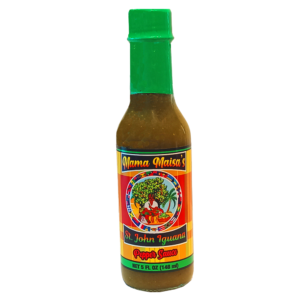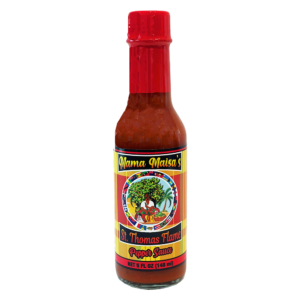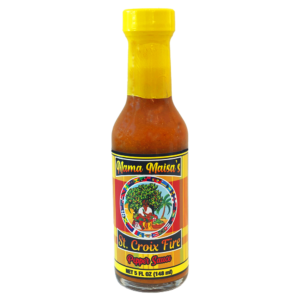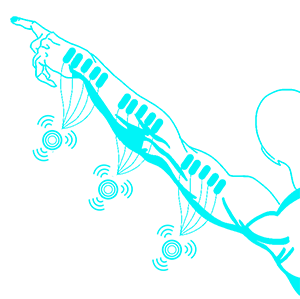Source: What You Need to Know About Jenkins v. NCAA
Author: Jill Ingels
A current question looming after the Ninth Circuit’s decision in O’Bannon v. NCAAand the Supreme Court’s subsequent denial of certiorari is whether the NCAA’s eligibility rules are subject to antitrust law—specifically, section 1 of the Sherman Antitrust Act—and whether student-athletes should be compensated for use of their names, images, and likenesses (NILs).
On March 17, 2014, four former football and basketball student-athletes (Martin Jenkins, Johnathan Moore, Kevin Perry, and William Tyndall) originally filed a lawsuit in the United States District Court for the District of New Jersey against the NCAA on behalf of themselves and all others similarly situated [1], alleging that all NCAA rules applicable to the FBS Football Players Market and the D-I Men’s Basketball Players Market that “prohibit, cap, or otherwise limit the remuneration that players in each of those markets may receive for their athletic services” are illegal agreements in violation of the Sherman Act.[2]
In June 2015, the U.S. Judicial Panel on Multistate Litigation ruled that the lawsuit would be heard in the Northern District of California, per Sporting News contributor Justin Sievert.
Plaintiffs are represented by sports attorneys Jeffrey Kessler and David Greenspan[3] and the complaint seeks an injunction that would allow a free market for student-athletes to be paid. Judge Claudia Wilken, who presided over O’Bannon v. NCAA in the United States District Court for the Northern District of California, is also presiding over this case.[4]
Plaintiffs specifically alleged that the NCAA Bylaws regarding Financial Aid, constitute a “horizontal agreement among competitors to cap the amount of remuneration schools may provide athletes for their services, despite how much money those athletes may generation for their institutions,”[5] which would constitute an unreasonable restraint of trade under section 1 of the Sherman Act.
Bylaw 15.1 states that remuneration is limited to “the value of a full grant-in-aid,” which is defined by Bylaw 15.02.5 to consist of “tuition and fees, room and board, and required course-related books.”[6]
As the complaint alleged, student-athletes may receive compensation in excess of a full grant-in-aid if the excess compensation is “unrelated to athletic ability.”[7] Bylaws 15.1 and 15.02.2, however, provide a cap to such remuneration by providing that a student-athlete is ineligible to participate in intercollegiate athletics if “financial aid [] exceeds the value of the cost of attendance.”
Cost of attendance is defined by Bylaw 15.02.2 to mean “an amount calculated by an institutional financial aid office, using federal regulations, that includes the total cost of tuition and fees, room and board, books and supplies, transportation, and other expenses related to attendance at the institution.”[8]
What the Jenkins plaintiffs ask is not that NCAA member institutions have to pay student-athletes more than already provided through their scholarships, but rather that the institutions cannot conspire “with one another on a system where no school pays student-athletes in excess of athletic scholarships.”[9]
Essentially, the plaintiffs seek a free market in which member institutions can pay what they deem appropriate to student-athletes for commercial use of their NILs. Plaintiffs also cite the discrepancy in statements that athletic departments are not flushed with money while coaches are being paid millions of dollars and new training facilities and stadia continue to be built.[10]
On May 16, 2016, the defendants[11] filed a Motion for Judgment on the Pleadings on the grounds that the Ninth Circuit’s holding in O’Bannon v. NCAA “compels judgment on the pleadings in defendants’ favor.”[12] Defendants argued that O’Bannon “establishes that the Sherman Act does not require defendants to permit their member schools to pay student-athletes more than their cost of attendance” and the Northern District of California is bound by such decision.[13]
Judge Wilken has since denied the defendants’ motion.[14]
What’s Next?
If the plaintiffs prevail, it would “upend the NCAA’s system of amateurism.”[15] The court, in so determining, will have to first determine whether such NCAA rules are even subject to antitrust scrutiny under section 1 of the Sherman Act, a decision that has not yet been answered by the Supreme Court or Courts of Appeal. A circuit split presently exists regarding this question as the Third Circuit, Fifth Circuit, Seventh Circuit, and Ninth Circuit have all come to conflicting conclusions in this regard.[16]
Jenkins v. NCAA could answer two very important questions regarding intercollegiate athletics and both would have serious implications as well: (1) are the NCAA’s eligibility rules subject to section 1 of the Sherman Act; and (2) can NCAA member institutions compensate their student-athletes for commercial use of their NILs?
Only time will tell how the Northern District of California rules on this case; either way, it will definitely be a very anticipated ruling in the sports industry.
Sources
[1] Complaint, Jenkins v. NCAA, No. 14-cv-02758-CW (D.N.J. Mar. 17, 2014).
[2] Id. ¶ 42.
[3] Michael McCann, In Denying O’Bannon Case, Supreme Court Leaves Future of Amateurism in Limbo, Sports Illustrated (Oct. 3, 2016).
[4] Id.
[5] Complaint, Jenkins v. NCAA, ¶ 43.
[6] 2013-14 NCAA Division I Manual, arts. 15.1; 15.02.5 (effective Aug. 1, 2013).
[7] Complaint, Jenkins v. NCAA, No. 14-cv-02758-CW, ¶ 43 (D.N.J. Mar. 17, 2014).
[8] 2013-14 NCAA Division I Manual, supra note 6, arts. 15.1; 15.02.2 (effective Aug. 1, 2013).
[9] McCann, supra note 3.
[10] Id.
[11] The defendants are the NCAA, the Pac-12 Conference, The Big Ten Conference, The Big-12 Conference, the Southeastern Conference, the Atlantic Coast Conference, the Mountain West Conference, the Sun Belt Conference, and the Western Athletic Conference.
[12] Motion for Judgment on the Pleadings and Memorandum of Points and Authorities in Support Thereof at 4, Jenkins v. NCAA, No. 14-cv-02758-CW (N.D. Cal. May 16, 2016).
[13] Id. at 5.
[14] Jon Solomon, Judge Allows Scholarship Cases to Continue vs. NCAA, Conferences, CBS Sports (Oct. 9, 2014).
[15] Id.
[16] See generally Smith v. NCAA, 139 F.3d 180 (3d Cir. 1998); McCormack v. NCAA, 845 F.2d 1338 (5th Cir. 1998); Agnew v. NCAA, 683 F.3d 328 (7th Cir. 2012); O’Bannon v. NCAA, 802 F.3d 1049 (9th Cir. 2015).




















